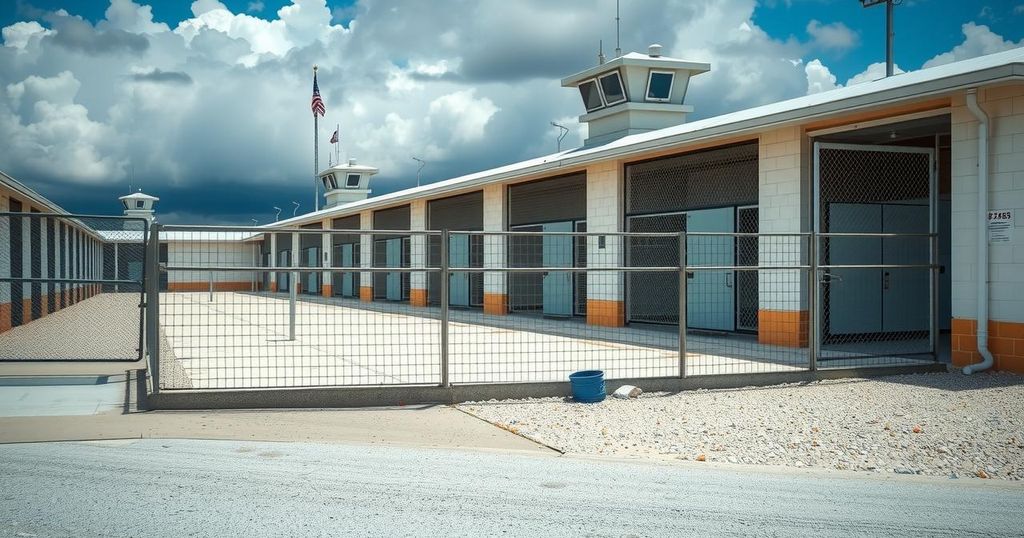The U.S. government repatriated Ridah Bin Saleh al-Yazidi to Tunisia, making him the fourth prisoner released from Guantánamo Bay this month. Currently, 26 detainees remain at the facility, which has been the subject of extensive criticism for human rights abuses.
The Pentagon announced on Monday that it has repatriated Ridah Bin Saleh al-Yazidi, a long-term detainee at Guantánamo Bay, to Tunisia. He was among the initial group of prisoners held at the facility since its inception on January 11, 2002. Following a thorough inter-agency review process, al-Yazidi was deemed eligible for transfer. His repatriation marks the fourth instance of a prisoner being released from Guantánamo this month, leaving 26 individuals currently detained at the facility, down from a peak of nearly 800.
The Guantánamo Bay detention facility, established by the U.S. government following the September 11 attacks under President George W. Bush, has been a focal point of controversy due to allegations of human rights violations and torture. Over the years, the facility has faced international criticism and calls for closure from various human rights organizations. In recent years, President Biden had committed to closing the facility, although it remains operational, with a current population of 26 prisoners and ongoing military trials for several individuals.
In conclusion, the release of Ridah Bin Saleh al-Yazidi demonstrates a continued effort by the U.S. government to reduce the population at Guantánamo Bay, albeit under significant scrutiny regarding human rights practices. Presently, there are 26 detainees remaining at the facility, with several eligible for transfer or evaluation, highlighting the ongoing complexities of U.S. detention policies and commitments to international human rights standards.
Original Source: www.cbsnews.com






